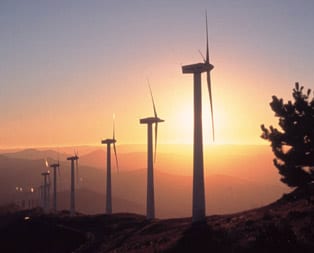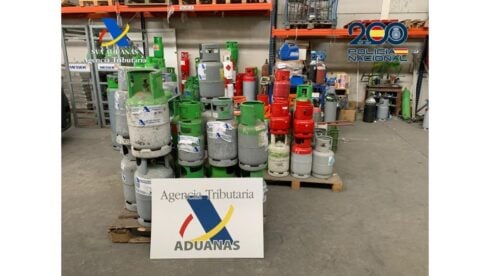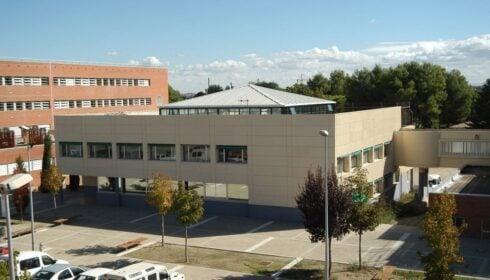By James Bryce
SPAIN is to reform its energy sector as part of tough austerity measures.
The controversial two-phase overhaul will involve a new tax regime for the industry, followed by a shake up of the energy market.
The financial crisis has forced the government into making €65 billion of cuts, €8.6 billion of which will come from new energy and environmental taxes within the next three years.
Among the reforms being considered is a tax on the purchase of natural gas, although any such tariff would not be introduced until 2013.
Under current legislation, energy companies cannot charge consumers above a certain threshold, which is not high enough to cover their costs.
This has created a €24 billion tariff deficit which the government has so far had to compensate through subsidies.
The plans have caused friction between the treasury and industry ministers over how the reforms will be implemented, while energy firms Iberdrola, Endesa and Gas Natural claim the plans will wipe out their profits.
Click here to read more News from The Olive Press.









Sure, the energy companies will be taxed, and then guess what happens? Yep, we’ll end up paying more too. Get ready for massive rises in fuel.
So Spain, already in the top 5, for most expensive electricity in Europe, want to put the price up even more.
Yet another ill conceived, bad move, by the failing government.
“http://epp.eurostat.ec.europa.eu/statistics_explained/index.php/Electricity_and_natural_gas_price_statistics”
Contrary to the movies where the bad guys loose. Its now plain to see, the most unpleasent people now have most of the money, and are calling the shots. God help us all.
This is what happens when you put your energy production into solar panels and wind power. The customer will end up paying through the nose and in 20 years or less the lights will go out.
Peter: And when the fossil fuels run out, or cannot be afforded? That will be lights out too. We could all read by the light of our own irradiated bodies from sloppy nukes I suppose…
the government is right to tax any/all flegling industries. They should also tax medical care and retired people. And children, lets not leave them out.
But not the top earners and the rich, as usual.
And what ever you do, dont fix the infrastructure and collect the billions in unpaid taxes…
Peter,
do you have investments in the fossil fuel business?
I remember that great fatman from the old GEC lying to us all about cheap nuclear energy, whilst covering up all the nuclear accidents at the same time.
What the slob failed to to tell us was the horrendous shutdown costs. When these are added on, nuclear is’nt cheap at all and that does’nt include leaving a toxic legacy of up to 200,000 years but maybe you don’t care as you will not be around to deal with these costs or problems.
The fossil fuel business will fight tooth and nail to protect their enormous profits and to hell with all the environmental damage they do across the planet.
It is a scientific fact that a small proportion of any desert could provide all the world’s electricity via PV and mirror reflected steam driven turbines but think of all the vested interests that would be heading for the S bend.
Also, there is no good reason why electricity is’nt delivered as DC/direct current, rather than as AC/alternating current, since the latter loses 30% from point of production to delivery and the former virtually zero.
quite right stuart – except for the last part…
AC is much easier, and hence cheaper, to produce: a magnet, some wire, and mechanical movement and away you go.
Also, for long distace transmission, higher currents mean higher losses, so again AC wins. (also why overheads are so high voltage).
David M.,
could you elaborate on this. Boats always use DC for all appliances. AFAIK Wind turbines/pv produce DC electricity, then an inverter is used to change the current to AC.
It maybe cheaper to distribute electricity by pylons but this is where the losses come.
In the Netherlands they do not use pylons but use buried cables.
If you have experience in this field it could be useful for you to produce a FAX section for those who may decide to self build in Spain, maybe worth contacting the Olive Press.
Stuart, thats a good idea…
For low voltage low current and close to source, then dc is ideal. Thats why the inside of most electronic goods start with a step down to dc. I’ve often said entire houses should have 12v dc running around the walls, not 220+ ac!
However, a quick browse online and i see dozens of websites spelling out the pros and cons of ac/dc, which i cant be bothered to repeat.